Everybody likes to travel for different reasons and sometimes the motive isn’t only some fun time at the beach, or some sightseeing. Many people have been seeking refuge from the demands of hectic and modern lifestyle by venturing into the wilderness in search of spirituality for a long time now. And, the fact is, the appeal of such trips continue to remain strong.
Even though, the concept of pilgrimage tour packages is yet to catch up in our country, they are popular among many Nepalis. So The Week brings to you a list of some pilgrimage routes from across Asia that have proven to be worthy of the ticket cost and the long walks. All of these sites are rooted in some of the world’s major religions, and even offer travelers a challenge as well as an authentic cultural experience.
Char Dham, India
Many travel agents have been known to advertise Char Dham as the ultimate pilgrimage for those looking to embark on a journey of cultural discovery. The Char Dham, widely revered by Hindus, is a pilgrimage route that leads people to the four sacred sites of India; Badrinath in the north, Rameswaram in the south, Dwarka in the west, and Puri in the east. It is considered highly auspicious to visit Char Dham (all four sites) in a Hindu’s lifetime.
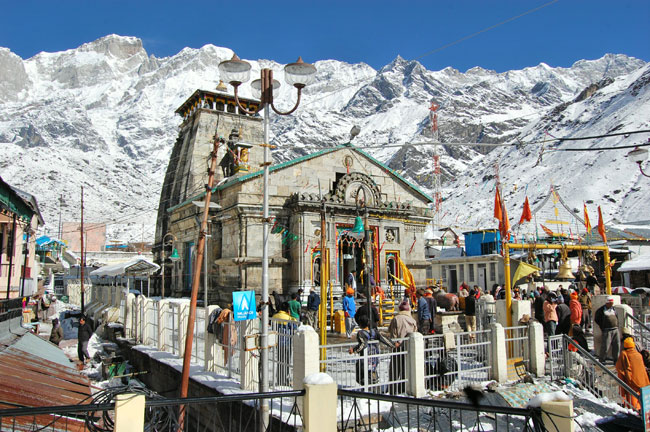
The journey of 6,276 km is a test of both physical and mental strength, and unlike many of the pilgrimages on the list, it requires travel by foot, motor vehicle and train. Since many travelers struggle when selecting a route around India, a geographically overwhelming nation, the perfectly square Char Dham itinerary has become popular as it provides a comprehensive, all-encompassing route. As a bonus, you will also be able to leave the crowds of Goa, Delhi and Mumbai behind in your wake.
Mecca, Makkah, Saudi Arabia
Leap of faith

Presidential Travels and Tours report that the most popular pilgrimage tour in their service is Makkah, Saudi Arabia during the time of the Mecca. Non-Muslims are not allowed inside Mecca, the holiest place in Islam, so this excursion is only for believers. Every year, millions of Muslims embark on a journey to Mecca.
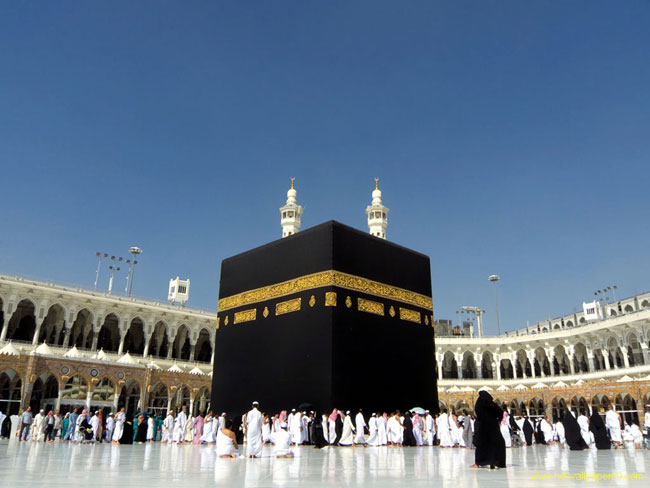
The pilgrimage is meant to promote unity among followers of Islam. It is so central to Islam that one of the religion’s Five Pillars is for every able-bodied adult to carry out the Hajj at least once in their lifetime, providing they can afford to. Mecca is where Muhammad, the prophet who founded Islam, was born, and where he received the first revelation of the Qur’an. Pilgrims visit the Grand Mosque in order to praise Allah before the Kaaba, Islam’s most sacred building.
Vaishno Devi Temple, Jammu & Kashmir
Jammu and Kashmir is a state that is considered a holy place by people of all religions. The state brims with sacred sites, visited by pilgrims from all over the world. Most of these holy sites are situated amidst the picturesque surroundings of mighty Himalayas and perhaps the most famous among tourists and pilgrims alike is the Vaishno Devi Temple.
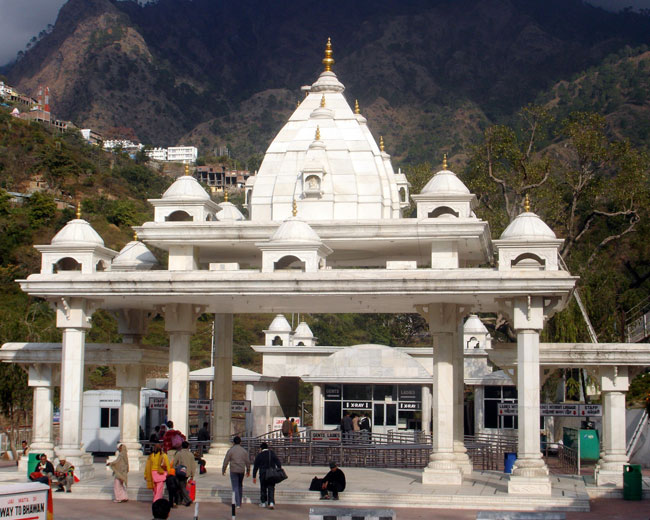
Situated 62 km away from Jammu, Vaishno Devi shrine is located at an altitude of 1615 m above sea level. It is one of the most important pilgrimage places for Hindus around the world. The shrine is located inside a cave on Trikuta Hills. To reach here, one has to start climbing from Katra. Many pilgrims cover this distance bare foot to please the Goddess and get her blessings. Inside the cave there are three rocks cut statues that represent the three Goddesses. Goddess Kali on the right, Goddess Lakshmi at the center and Goddess Saraswati on the left. Many Hindus believe that their lives will be blessed if they visit the cave and get a look at these three idols.
Sri Pada, Sri Lanka
Climbing Sri Pada or Adam’s Peak is said to be one of the best travel experiences in Sri Lanka. Located in a beautiful area of the southern Hill Country, it has been a focus for pilgrimage for more than 1000 years. Pilgrims and tourists alike may have to climb up the countless steps to the top but anyone in the world can appreciate the beauty of the holy mountain, Sri Pada.
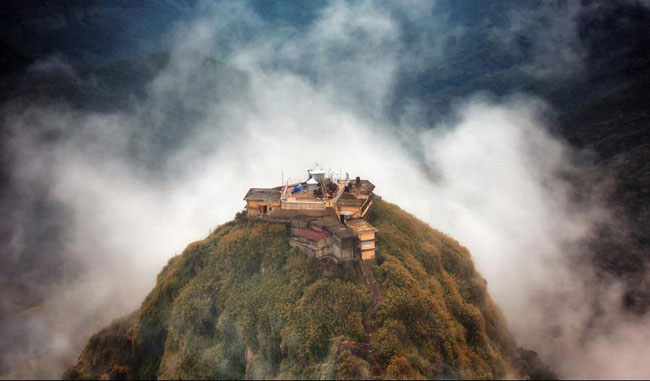
Perhaps that is also why four different religions consider the peak a sacred site worthy of pilgrimage. A rock formation near the summit takes a different shape in each belief system: Buddhists believe it is the footprint of the Buddha; Muslims believe it is the footprint of the prophet Adam; Hindus believe it is the footprint of Shiva; and Christians believe it is the footprint of St Thomas.
The pilgrimage season begins in December and runs until Vesak festival in May; January and February are busiest. At other times the temple on the summit is unused.
Mount Kailash, Tibet
May is often the recommended time of the year for a trip to this iconic Tibetan spot. Every year thousands of people from numerous faiths make the pilgrimage to Mount Kailash, believing that circumnavigating the mountain on foot will bring good fortune. Some claim the 52 km trek must be made in a single day, while diehard believers crawl the entire route – a feat that takes roughly four weeks.
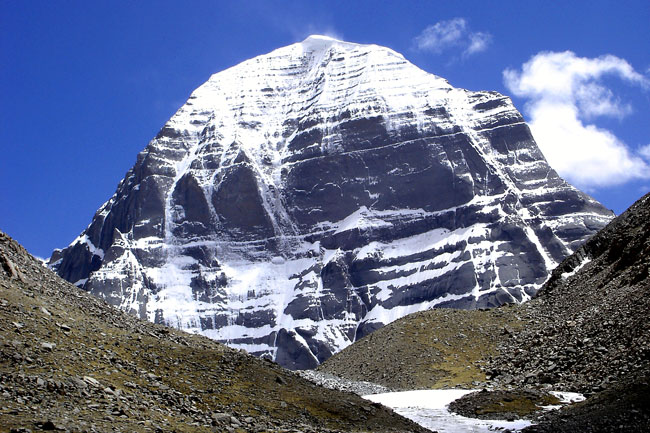
Officially, walking around the holy mountain has to be done on foot, pony or yak, which takes most travelers three days. It’s largely believed that nobody has ever reached the summit of the holy Mountain, and while the path circling Kailash is widely used, it is strictly forbidden to attempt the climb.





































